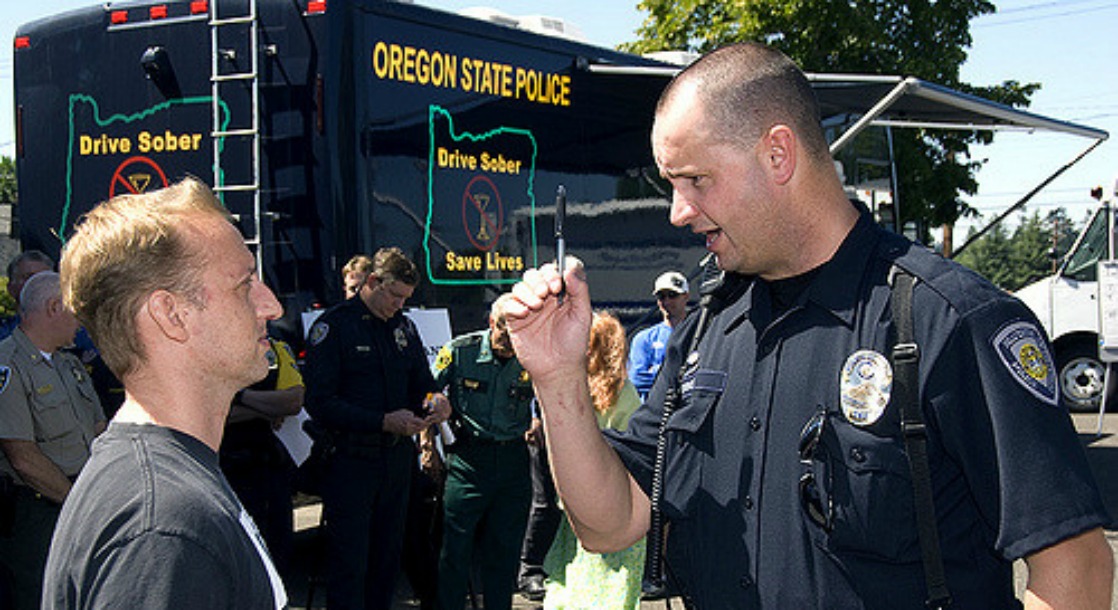Driving under the influence of marijuana is a crime across the country, but in states with legal medical or recreational use cannabis laws, trying to stop stoned drivers has turned into one of the burgeoning industry’s stickiest situations. But while police, politicians and scientists try to figure out how to properly detect and decipher marijuana intoxication, one group of Colorado cannabis advocates is doing their own research to see how much pot actually affects the person behind the wheel.
In Colorado, a recent series of in-depth reports from the Denver Post broke down the immense difficulties in detecting, testing, and determining if someone’s driving has actually been impaired by marijuana use.
According to one report in the series, instances of car accident fatalities where marijuana was present in the driver’s system have gone up in the years since legalization, but with cannabis lurking in the body for up to months after ingestion, officials are still unsure if stoned driving is causing the crashes, or if more Coloradans just happen to have pot in their system.
In the instances that someone is driving stoned, it is almost impossible to prove, with law enforcement officers largely relying on inconsistent hunches and arbitrary THC level baselines found in blood and urine tests that don’t take into account how long cannabis stays in the human system.
Additionally, cannabis impairment does not manifest itself as the slurring and swerving we normally ascribe to alcohol’s influence, with a significant percentage of Colorado’s cannabis users admitting that they drive shortly after smoking, using the argument that the amount of marijuana used doesn’t actually impair their driving. While alcohol is fairly consistent in its ability to intoxicate users, cannabis affects individuals in different ways, with tolerance, strain variations, and a host of other factors creating uncertain experiences.
In an effort to test for themselves the realities of the enforcement of cannabis on the road, Centennial State marijuana advocacy group Cannabis Clinicians Colorado hosted a public research event last week where volunteers got stoned in the name of science and put current state laws to the test.
According to Colorado’s local NBC News 9, the group performed a series of preliminary, field sobriety tests, answered questionnaires about safety behind the wheel, and has their blood and saliva tested before piling into a bus to smoke as much pot as possible before subjects “no longer felt comfortable to drive.”
After getting high as kites, the volunteers underwent the same tests and questions, to see if the before and after results actually showed any significant changes that could be useful to law enforcement looking to hand out DUIs or drivers looking to avoid them.
“We don’t want our patients driving high,” CCC director Martha Montemayor said. “We don’t want recreational users driving high. We need a better idea of what stoned driving looks like so we can tell people when not to drive.”
The test results are still being processed at the University of Colorado, but will eventually give us significant knowledge about the viability of the state’s five nanograms of THC limit, and hopefully encourage the changing landscape of how we consider, react and criminalize impaired driving.











